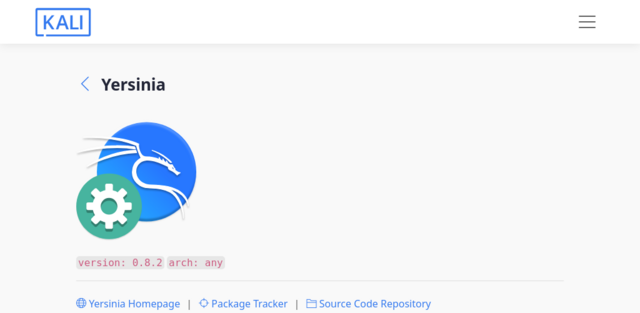
Yersinia is an open-source, robust framework for executing layer 2 (Data Link Layer) network attacks, designed to exploit vulnerabilities in various network protocols. Integrated into Kali Linux, Yersinia empowers cybersecurity professionals, penetration testers, and network administrators to analyze and test the security of deployed networks. Named after the plague-causing bacterium Yersinia pestis, it targets protocols like STP, DHCP, CDP, and VLAN, enabling users to simulate attacks such as DHCP starvation, VLAN hopping, and spanning tree manipulation.
Disclaimer: The content on this website is written and reviewed by experts in the fields of Artificial Intelligence and Software. Additionally, we may incorporate public opinions sourced from various social media platforms to ensure a comprehensive perspective.
Please note that the screen shots and images featured on this website are sourced from Yersinia website. We extend our gratitude and give full credit to Yersinia for their valuable contributions.
This page may include external affiliate links, which could earn us a commission if you decide to make a purchase through those links. However, the opinions expressed on this page are our own, and we do not accept payment for favorable reviews.

 Yersinia Reviews & Ratings: See What Users and Experts Are Saying
Yersinia Reviews & Ratings: See What Users and Experts Are Saying










